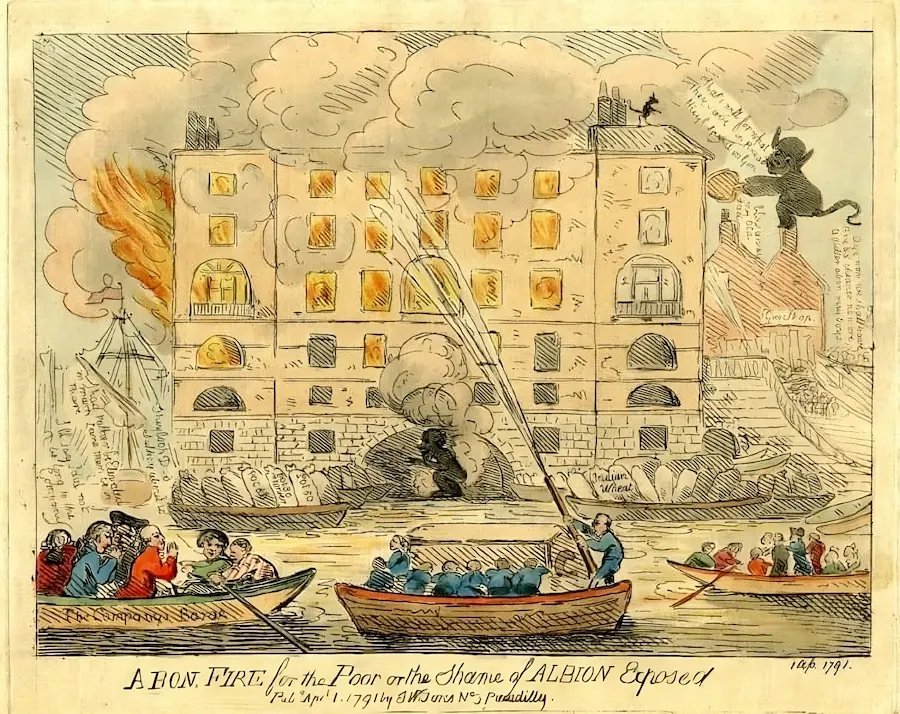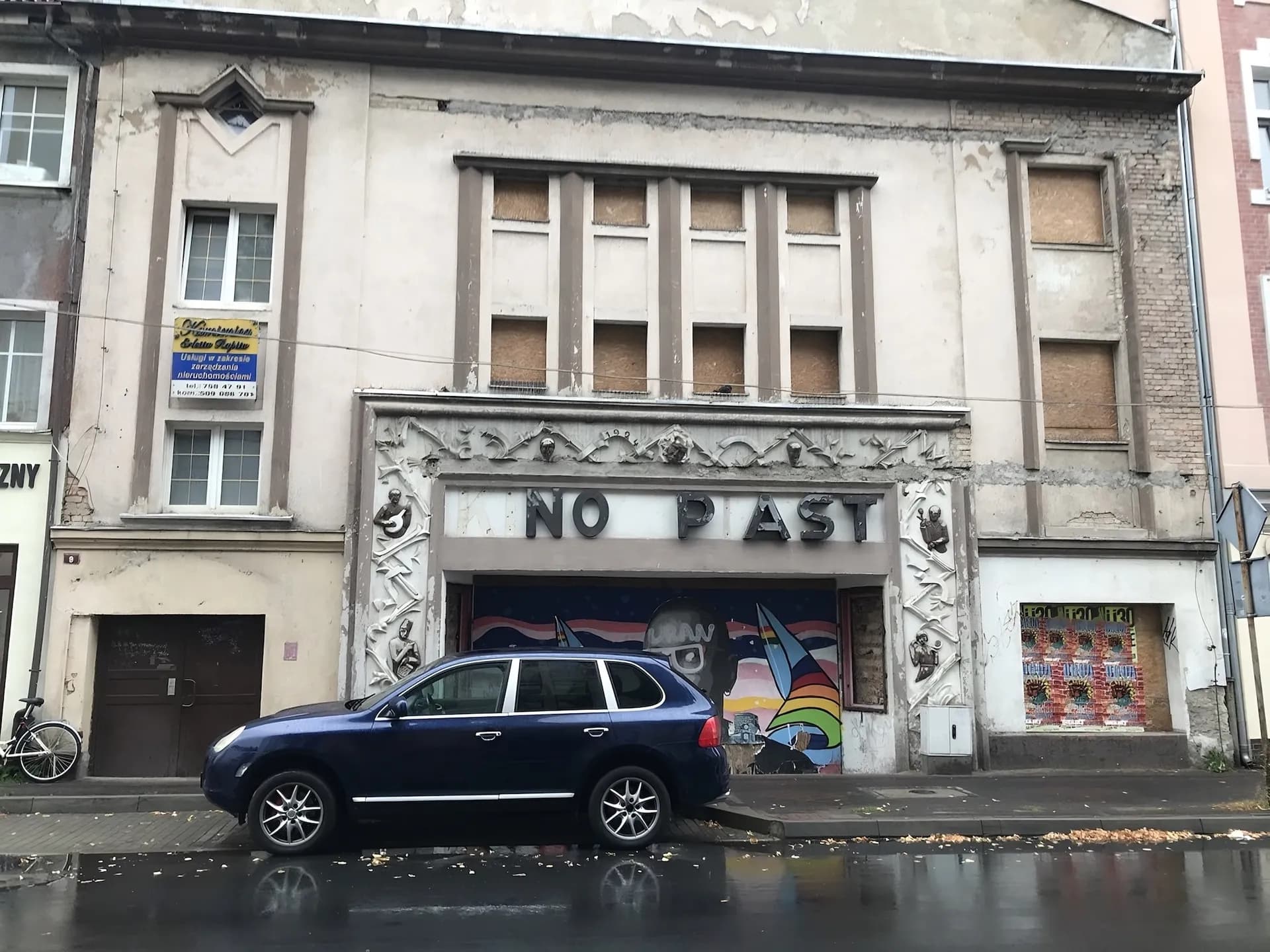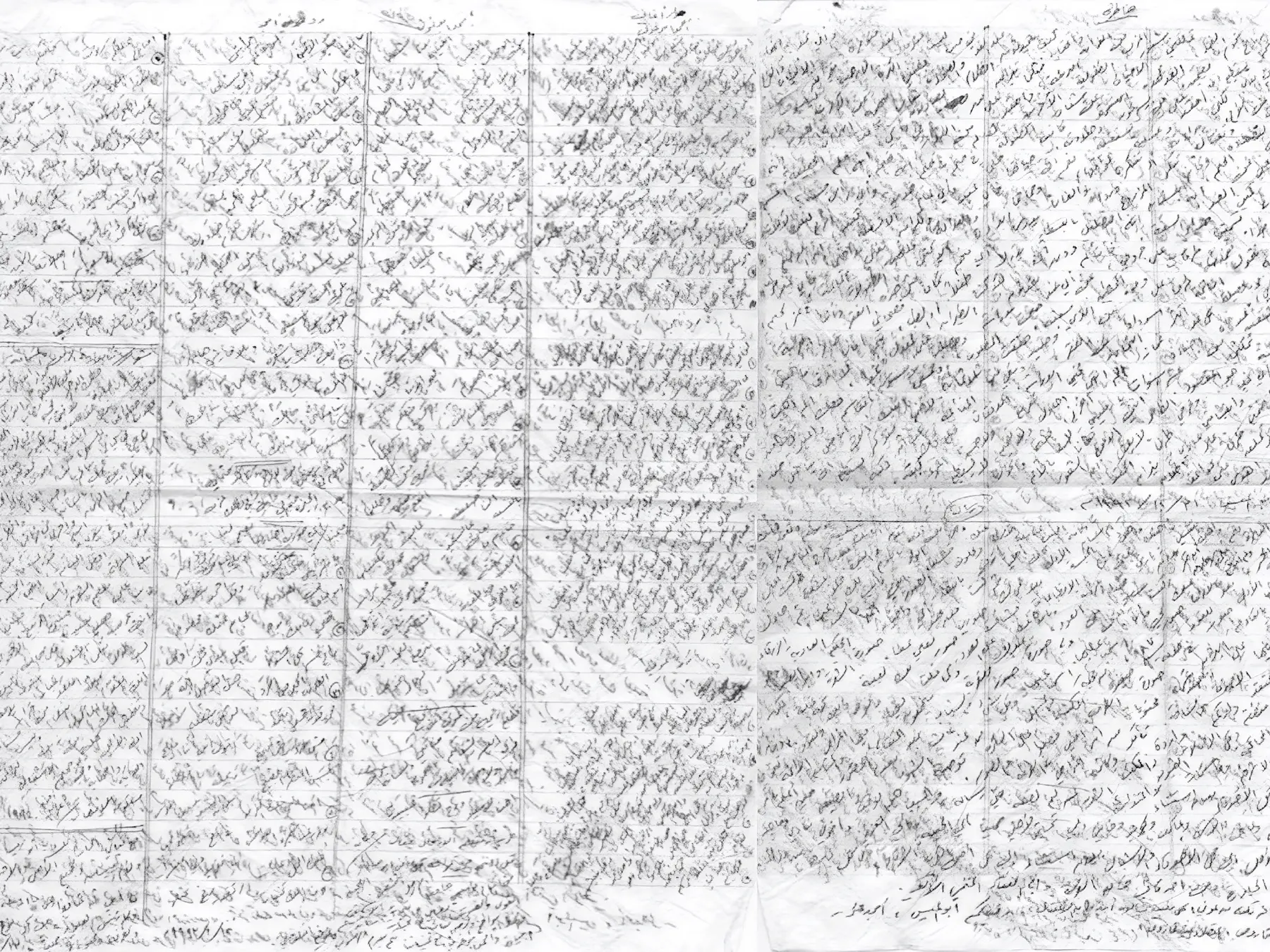ACT 1, SCENE 1
CHORUS: THE INTERNS
For our purposes, INTERN refers to those not born to the aristocracy occupying any number of poorly paid (or wholly unpaid) positions in an institution.
As such, INTERN may well emerge from the middle classes but is defined by a self-conscious downward mobility.
To the rich man, INTERN is not exactly poor. Since she is ambiguously young and—by virtue of what she wears and how she speaks—appears to desire the same things he does; she may be invited to the party. She will not be invited to the dinner: that is the rule and distinction.
Do we agree with Fanny Howe, that the interns are the “invisible angels, here to transcribe what they see and pass it along”? In any case, INTERN represents a volatile mass; a slippery power bred by the institution but capable of destroying it; a potential mutiny.
As Rilke noted, “every angel is terrifying.”
SEVEN INTERNS sit on the floor in uncomfortable leisure, in front of a HEAVY DRAWN CURTAIN. THE HEAVINESS OF THE CURTAIN is its only quality.
NO PAUSES BETWEEN RUMOURS
SPEECH SHOULD BE OVERLAPPING
A CONTINUOUS STREAM.
SIGN
THE RUMOURS WERE AS FOLLOWS.
INTERN 1
The institution, their workplace, was a statutory requirement, built to consolidate the purchase of the surrounding blocks of apartments. The city had an, if not ideological, then economic incentive in preserving an image of artistic life.
INTERN 2
It follows that the purpose of the institution was to imbue the area with speculative value. Regressive social forces routinely reify historical modes of bohemia: the luxury apartments were under construction.
INTERN 3
The workers knew the owner of the institution and aforementioned apartments by name only. Whom they referred to as their ‘boss’ was an appointment and, as such, expendable like a broker, like a marionette, like a functionary.
INTERN 4
This was not, generally speaking, an exceptional situation, and indeed the overwhelming banality of it was what eventually lent it promise.
INTERN 5
Living in the city (like every city) meant living in the wake of failed revolution. Can despair keep you going?
INTERN 6
Still, they needed beauty.
INTERN 7
Still, they longed for love.
IN UNISON
PROPERTY HAD LONG BEEN CONTESTED IN THE CITY; AS THE ARISTOCRATIC PROPRIETOR OF THE INSTITUTION WAS INCAPABLE OF ADEQUATELY CONCEPTUALISING SUCH A STRUGGLE, HE HAD INSTALLED A TEAM OF WORKERS WHOSE LOYALTIES WERE, IF NOT IDEOLOGICALLY, THEN AT LEAST STRUCTURALLY, OPPOSED TO HIS OWN—
CURTAIN.
ACT 1, SCENE 2
WORKERS are at a dimly lit bar. They sit as a party of three at a table for nine. Since they have occupied the central (and indeed) only large table, VARIOUS UNNAMED CHARACTERS drop in and out of the scene moving furniture. This is a wordless transaction; it is dark outside; busy and loud inside.
WORKER 1
I wrote my letters of resignation this week. Yes, plural. In the first I wrote something subtle but scathing about my awareness of the context of my employment. Knowing that the terms with which I described life would be contested, it became difficult to articulate the altogether simple proposition that you can’t make ‘art’ without sustaining life…
WORKER 2
O, WORKER! If we’re still talking about art, that is! Against their lexicon of euphemism and torturous allusion, you must arm yourself with facts! Only this will offer a more serious politics!
WORKER 1
I know I cannot hope to gain purchase in scruples in this sub-randian economy. But WORKER, you are always interrupting me! Though my memory barely took me past Tuesday, I tabled three hundred and thirty nine labour incursions against myself and WORKER. So I proposed a collective economic model I knew would be rejected. Such a situation would not constitute a total failure. This is also an exercise in liberating language…
CRITIC (turning around from the parallel single table, interrupting with droll despair)
O, my WORKER! Might makes right now, more than ever! I don’t think you have the numbers for your peasant uprising. You aren’t prepared for what is coming.
(louder)
Before every end is a period of transition, and that is the situation we’re in. There will be no art in the end; it is apocalyptic, and in our unhappy time, algorithmic.
INTERN 7 (turning around from the bar counter)
CRITIC is insisting that the enemy is not will but representation. WORKER is failing to comprehend that justice is the opposite of law (Derrida).
Nothing will happen today.
CURTAIN.
ACT 1, SCENE 3
A room furnished in a minimalist, modernist style. The walls are left unrestored; according to ARCHITECT, the marks and decontextualised graffiti invite you to contemplate the WEIGHT OF HISTORY.
More truthfully, for every city in its final stages of collusion and capture, ambiguous traces of the past are little more than an aesthetic category. If the pathos of ruins strikes you more viscerally, they exist to remind you that there is no exit. This is about demolishing time and not preserving it.
DIRECTOR sits alone at a long, communal table diagonal to a small kitchen installed with multiple instant coffee machines where INTERNS are occupied. Cut flowers on the table indicate that this is a transactional space.
CHORUS: THE INTERNS
to the hum of coffee machines beeping and aluminium pods dropping; leave the stage after speaking;
INTERN 3
What the critic meant to say was: generous funds have been allotted to raze this neighbourhood.
INTERN 1
The workers are ambivalent about their work, waiting for a moment of politicisation; as if such a moment would declare itself for them to rise to it.
INTERN 4
Moments do not declare themselves; they fade into one another.
INTERN 7
It is difficult to say whether their lack of solidarity betrays a genuine emotional incapacity or a wilful abnegation of their professed beliefs.
INTERN 5
They have correctly identified the coordinated, violent extraction at hand, and they observe the manner by which intellectual, artistic or creative labour is instrumentalised to passively obscure it, more or less.
INTERN 2
Whoever cannot fly, should fall faster.
DIRECTOR
[facing the audience]
Here at INSTITUTION, we’re interested in artists that refuse legibility. This is an ANTI-ASSIMILATIONIST POLITICAL POSITION—their coded inscrutability stands against the IDENTITY POLITICS we sadly see surfacing in CITY. What do the insurrectionists want? They accuse us of recuperating old slaughterhouses and factories to turn them into trivial sites of capital or, even worse, entertainment.
[turning to the side]
Nothing is happening. Of course, I know all about WORKER. After all, I once was one. I moved away from resentment and vows of purity toward a stoic realism. Will WORKER save themselves?
DIRECTOR OFFERS A TRICK QUESTION.
CURTAIN.
ACT 1, SCENE 4
WORKERS are at a dimly lit bar. They sit as a party of three at a table for nine. Since they have occupied the central (and indeed only) large table, VARIOUS UNNAMED CHARACTERS drop in and out of the scene moving furniture. This is a wordless transaction; it is dark outside; busy and loud inside.
WORKER 2
I wrote my letters of resignation this week.
Yes, plural.
Of course, I could list the working conditions at INSTITUTION; but in our unhappy cities, talking about such conditions is like talking about the weather—so I consulted CRITIC, who knows everything about the bourgeois aesthete.
WORKER 3 (interrupting)
Did he tell you to read Schopenhauer? To consider his love for his pet poodle, loathing for his mother? Some people are born with their tail between their legs.
When INSTITUTION applies the logic of war, insisting that to destroy is to save, it will not be overwhelmed with half-hearted appeals to moral imperatives.
SOMEBODY shuffles a deck of cards. One in four says EVICTION NOTICE.
Still, nothing happens today. The purgatories of good taste remain standing.
SIGN
IT’S LONELY IN THE SADDLE SINCE THE HORSE DIED.
CURTAIN.


